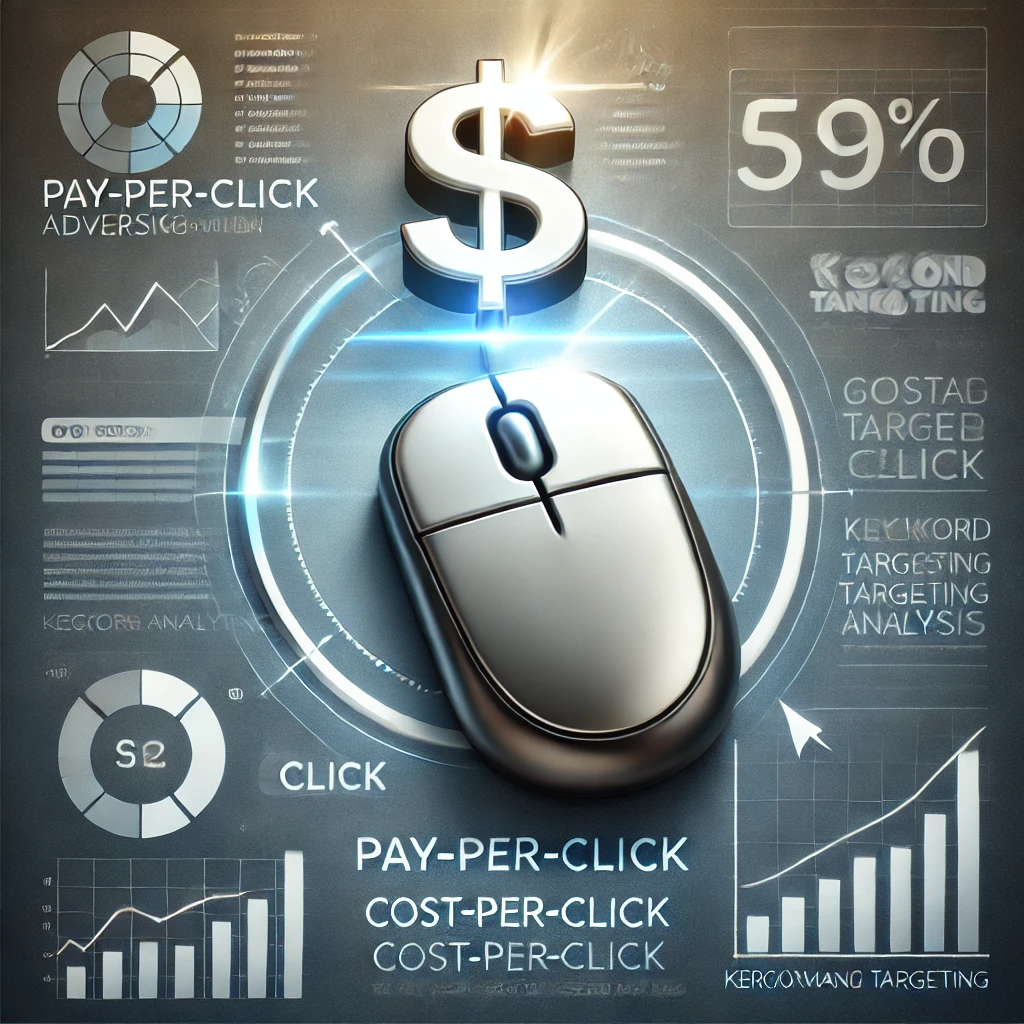
In today’s fast-paced digital landscape, marketing automation has become a necessity rather than a luxury. Whether you’re a small business owner, an established mid-sized company, or a large enterprise, automating repetitive marketing tasks can save time, increase efficiency, and improve customer engagement. But how does marketing automation help, and what are the best platforms for different business needs? Let’s dive in!
What is Marketing Automation?
Marketing automation refers to the use of software tools to automate and streamline repetitive marketing activities. These can include email campaigns, social media posting, lead nurturing, ad management, customer segmentation, and more. By leveraging automation, businesses can execute multi-channel marketing campaigns with minimal manual intervention, allowing marketers to focus on strategy, creativity, and personalizing customer experiences.
Key Benefits of Marketing Automation
- Improved Efficiency and Productivity Automation allows marketing teams to schedule and manage campaigns across various channels (email, social media, SMS, etc.) with little manual effort. For instance, you can set up email drip campaigns to nurture leads over time, all while focusing on other tasks.
- Personalized Customer Journeys Marketing automation platforms use data to segment audiences based on behavior, preferences, and engagement. This enables businesses to create personalized campaigns and deliver content that resonates with individual customers. Personalization drives higher engagement, conversions, and customer loyalty.
- Enhanced Lead Nurturing and Scoring Automated lead nurturing helps guide potential customers through the sales funnel by providing relevant content at each stage of their journey. Many tools also offer lead scoring, which allows businesses to prioritize high-quality leads for their sales teams, improving conversion rates.
- Better Insights and Analytics With automation tools, marketers have access to detailed analytics and reporting. These platforms track customer interactions across multiple touchpoints, helping you understand what’s working and what needs improvement. As a result, data-driven decisions become easier, improving the overall ROI of your marketing efforts.
- Cost-Effective Marketing By reducing the need for manual labor and optimizing campaigns through data insights, businesses can save both time and money. Automation also ensures that campaigns are more precise and targeted, reducing wasted ad spend on uninterested or irrelevant audiences.
Popular Marketing Automation Platforms and Their Use Cases
There are numerous marketing automation platforms available, each offering a variety of features tailored to different business sizes and industries. Below are some of the most popular platforms and their use cases:
1. HubSpot: Ideal for Small to Mid-Sized Businesses
Features: HubSpot offers a full suite of marketing, sales, and customer service tools, including email marketing, CRM, social media management, and analytics. HubSpot’s marketing automation tool is known for its user-friendly interface and scalability.
Use Case: A small e-commerce business can use HubSpot to automate email marketing campaigns, segment customers based on past purchases, and nurture leads with personalized offers. Its built-in CRM helps the sales team manage prospects more effectively.
2. Marketo (Adobe): Perfect for Mid-Sized to Large Enterprises
Features: Marketo is a powerful, enterprise-grade platform designed for complex marketing needs. It offers advanced segmentation, email campaigns, lead management, and account-based marketing (ABM) for B2B companies.
Use Case: A B2B software company can use Marketo to nurture leads over an extended sales cycle. The platform helps target high-value accounts with personalized content, score leads based on engagement, and integrate seamlessly with CRM systems like Salesforce.
3. Mailchimp: Best for Small Businesses and Startups
Features: Mailchimp is a popular email marketing platform, but it has expanded to offer automation tools for social media posting, landing pages, and even e-commerce. It’s simple, affordable, and perfect for startups or small businesses looking for an easy-to-use tool.
Use Case: A local bakery might use Mailchimp to send automated promotional emails for new items or seasonal offers. The platform’s automation can trigger follow-up emails based on customer behavior, like signing up for a newsletter or abandoning a shopping cart.
4. Pardot (Salesforce): Tailored for B2B Companies
Features: Pardot, a Salesforce product, focuses heavily on B2B lead management and is integrated with the Salesforce CRM. It provides email automation, lead nurturing, and lead scoring, as well as detailed reporting and analytics.
Use Case: A consulting firm can use Pardot to automate follow-ups with potential clients, send personalized emails, and score leads based on their activity on the company’s website. The seamless integration with Salesforce makes it easy to pass hot leads to the sales team.
5. ActiveCampaign: Great for Small and Mid-Sized Businesses
Features: ActiveCampaign combines email marketing, automation, and CRM capabilities. It is particularly strong in delivering personalized customer experiences and is known for its flexibility.
Use Case: A fitness studio can automate welcome emails to new clients, remind them of upcoming sessions, and re-engage inactive customers. By segmenting clients based on their preferences, ActiveCampaign helps the studio personalize communication and increase retention.
Tailoring Automation to Different Industries
- E-Commerce: Automation tools like Shopify, Klaviyo, or Omnisend can help e-commerce stores automate cart abandonment emails, product recommendations, and re-engagement campaigns. These platforms integrate directly with e-commerce platforms to track user behavior and create tailored messaging.
- Healthcare: In the healthcare industry, marketing automation can be used for patient appointment reminders, health awareness campaigns, and post-care follow-ups. Platforms like HubSpot or Salesforce Health Cloud enable personalized communication while maintaining compliance with healthcare regulations.
- Real Estate: Real estate agents use automation tools to schedule property viewings, send personalized property listings, and nurture leads through long buying cycles. Tools like Real Geeks or Follow Up Boss streamline these processes for real estate professionals.
- Education: Educational institutions can use marketing automation to nurture prospective students, send targeted campaigns during enrollment periods, and improve alumni engagement. Platforms like HubSpot for Education or Pardot are frequently used in this sector.
Marketing automation tools are powerful solutions for businesses of all sizes and industries. They not only save time and reduce manual efforts but also offer a range of features to personalize customer experiences, nurture leads, and drive revenue. By selecting the right platform that suits your business needs, you can unlock the true potential of automation and stay ahead of the competition.

